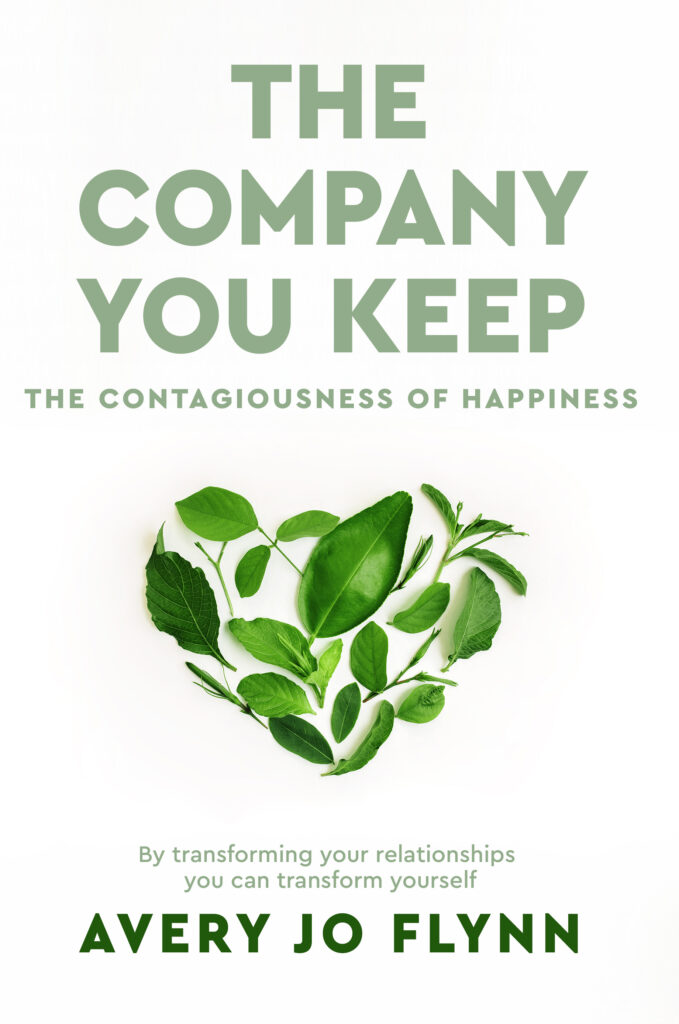
Excerpts
True happiness is achieved when we live our lives as the best and most authentic version of ourselves. Without a strong and supportive social network, though, discovering our best and most authentic self is almost impossible.
Modern times foster isolation, disconnection and loneliness. We live and work alone, move a lot, and substitute a virtual social life for a real one. Loneliness is an epidemic. It’s also a leading contributor to anxiety, depression and addiction. These are modern diseases, created by modern living, that for all it’s benefits, also has a downside.
A strong and supportive community is the best antidote to depression and anxiety. In cohesive and deep communities, such as the Amish, depression and anxiety are almost unheard of.
To be happy we need to consciously create and maintain a strong and supportive social network. For most of us this takes an intentional and well planned effort–modern life doesn’t allow it to organically happen. This book is a step by step guide on how to do just that.
Human beings are pack animals. It isn’t just that we like to be around other people–we need to be around them. Our survival as a species has depended on group living. Our large brain developed to allow us to live in large groups. Empathy, shame, altruism ad love all evolved to help us navigate the extraordinary complexity of group living.
Unhappiness is our brain’s way of telling us something is wrong. That could be something wrong with our inherent biology, or it could be that something is wrong with our social network. Trying to fix a weak and unsupportive social network with pills doesn’t work.
Our happiness is very dependent on how vitally connected we are to our social group.
The Harvard Study of Adult Development found that quality relationships are the number one predictor of lifelong happiness.
People affect our emotional outlook in two ways: we need to love and be loved by them, and at mostly a subconscious level, we look to them to determine our moods, behaviors, values, and self-identity. When any of these things are out of balance–we’re not connected to others to the degree we need to be, or if the signals we’re getting from others about moods, values, self-identity, or behaviors are negative–we’ll feel unhappy.
We have needs for social connection on many levels. Friends, lovers, family, co-workers, neighbors–everyone has a role to play, some larger, some smaller–in supporting or damaging our mental health.